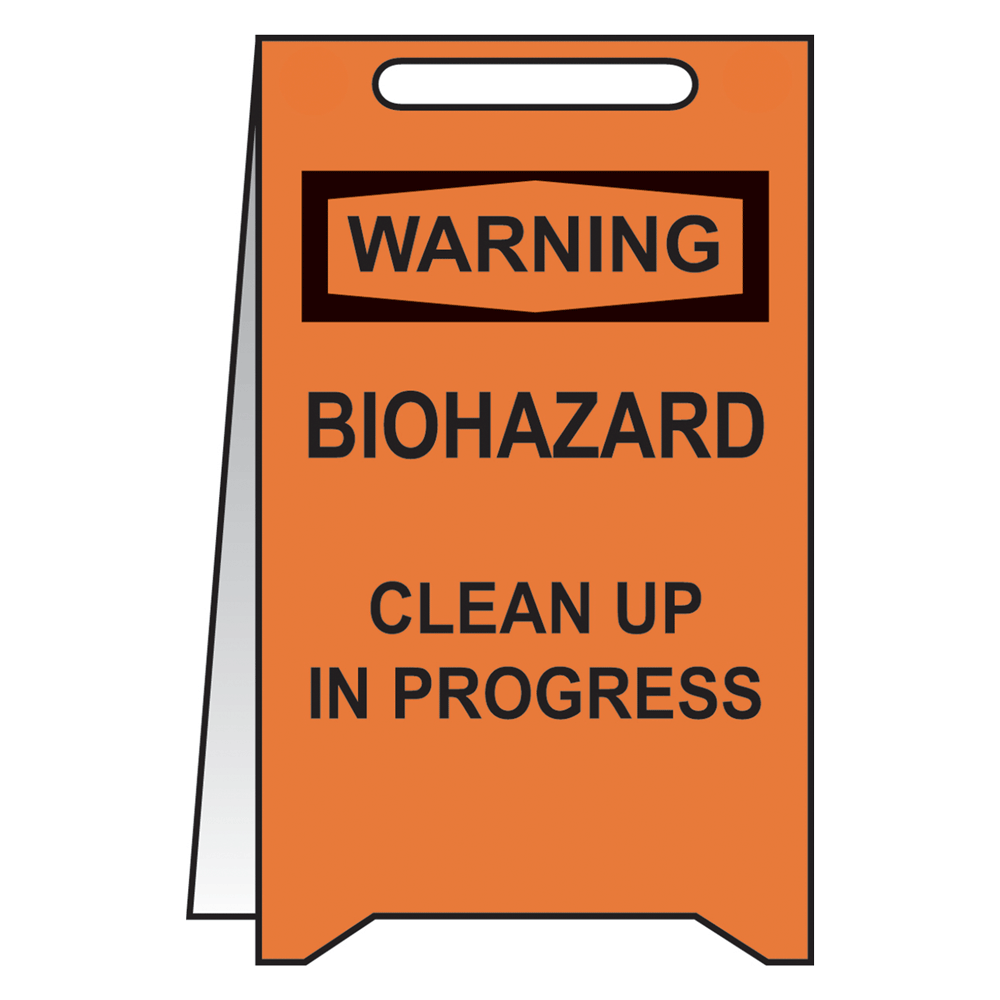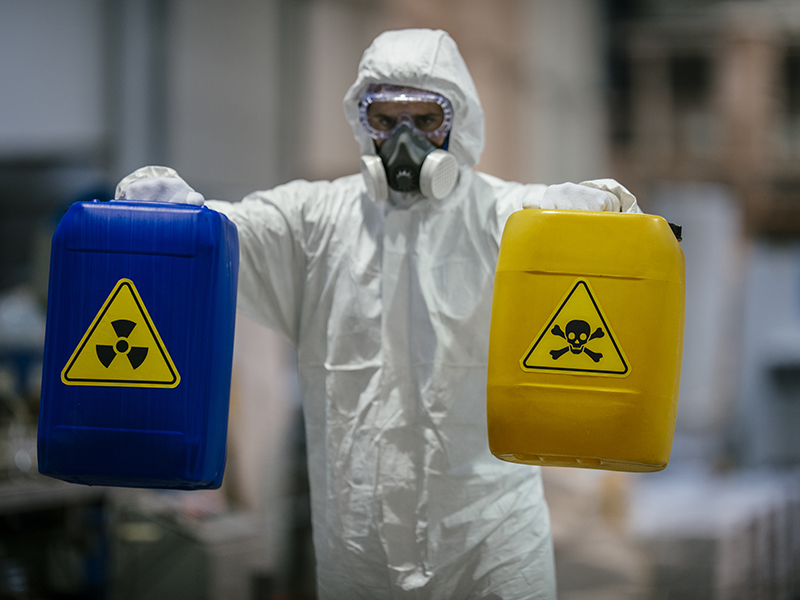Flood Damage Restoration: Quick and Efficient Recuperation for Your Home
Flood Damage Restoration: Quick and Efficient Recuperation for Your Home
Blog Article
Professional Biohazard Cleansing and Decontamination for Blood, Bodily Fluids, and Hazardous Materials
The prospective wellness risks linked with direct exposure to biohazards underscore the important demand for precise handling and extensive clean-up. As we navigate the elaborate landscape of biohazard cleanup, recognizing the nuances of regulations, conformity, and the customized devices at play becomes crucial in making certain a secure and detailed purification procedure.
Health And Wellness Risks of Biohazard Exposure
Exposure to biohazards positions substantial wellness threats that can cause serious repercussions for communities and individuals alike. Biohazards incorporate a variety of organic materials, including blood, bodily liquids, mold and mildew, microorganisms, infections, and various other potentially infectious products. When individuals come into call with these biohazards, whether with accidents, improper handling, or ecological exposure, they encounter the danger of contracting major diseases or diseases.
One of the primary health risks connected with biohazard direct exposure is the transmission of contagious diseases. Bloodborne virus such as HIV, liver disease B and C, and numerous bacteria can be existing in biohazardous materials, presenting a straight danger to human wellness. Breathing in air-borne biohazards like mold and mildew spores or entering call with polluted surfaces can likewise lead to respiratory system issues, allergies, and various other damaging health and wellness effects.
In addition, biohazard direct exposure can have lasting wellness effects, with some conditions showing up years after the initial get in touch with (Blood Cleanup). As a result, it is crucial to prioritize appropriate biohazard cleaning and purification to alleviate these wellness dangers and make sure the safety and security of communities and individuals

Specialized Training for Biohazard Cleanup
When it pertains to handling biohazard clean-up effectively and safely, specialized training plays a basic role in guaranteeing appropriate purification procedures are complied with. Biohazard cleaning requires specific understanding and skills to efficiently reduce dangers associated with bloodborne virus, bodily fluids, and harmful materials. Experts learnt biohazard clean-up undergo strenuous instruction on how to securely take care of, remove, and get rid of biohazardous products to stop contamination and exposure.
Specialized training for biohazard cleaning covers a range of important topics, including appropriate personal safety devices (PPE) use, bloodborne virus understanding, purification techniques, and contaminated materials disposal procedures. People trained in biohazard clean-up are furnished with the needed experience to examine contamination levels, determine possible hazards, and carry out appropriate cleaning procedures in compliance with regulatory standards.
Continuous training and education are extremely important in the area of biohazard cleaning to stay updated on the most up to date purification technologies, security methods, and guidelines. By purchasing specialized training, biohazard cleanup specialists can successfully reply to emergency situation clean-up circumstances and secure both public health and wellness and the environment.
Significance of Appropriate Decontamination Strategies
Using proper decontamination strategies you could try this out is essential in biohazard cleanup to efficiently eliminate hazardous materials and reduce health risks. Reliable decontamination not just guarantees the removal of visible traces of blood, physical fluids, and various other biohazards yet likewise targets invisible pathogens that may posture significant health dangers if not appropriately eliminated. By following stringent decontamination procedures, trained specialists can dramatically decrease the danger of direct exposure to harmful bacteria, viruses, and microorganisms that could result in infections or illness.
Appropriate purification strategies include using specific equipment and disinfectants that are specifically made to neutralize biohazards properly. Complete cleansing and sanitation of contaminated areas are crucial to prevent the spread of microorganisms and make certain a secure environment for passengers. Furthermore, the appropriate disposal of biohazardous waste following decontamination procedures is crucial in stopping contamination of various other surfaces or people.

Equipment and Devices for Safe Cleaning
When dealing with blood, bodily liquids, or unsafe materials, biohazard cleansing specialists count on specialized equipment to decrease exposure risks and completely decontaminate the afflicted location. In addition, biohazard cleansing packages consisting of disinfectants, absorbent materials, and biohazard bags are used to securely get rid of and have of infected products.
Advanced cleaning tools like hospital-grade anti-bacterials, HEPA-filtered vacuums, and misting equipments are utilized to sanitize surfaces and remove biohazards successfully. Specialized equipment such as sharps containers and biohazard waste disposal containers are utilized to securely take care of sharp items and biohazardous waste materials. By utilizing the right equipment and devices, biohazard cleaning specialists can guarantee an extensive cleanup process that focuses on safety and decreases wellness dangers for both employees and owners of the afflicted area.
Laws and Compliance in Biohazard Cleaning
Appropriate adherence to laws and conformity requirements is critical in biohazard cleansing to guarantee the safety and security of both employees and the atmosphere. Federal government companies such as OSHA (Occupational Safety and Health Management) and the EPA (Environmental Protection Firm) have actually developed particular standards for biohazard cleanup procedures to lessen health and wellness threats and environmental contamination. These policies cover an array of aspects including the handling, transport, and disposal of biohazardous products, as well as the essential training and protective devices required for workers involved in the clean-up process.
Biohazard cleaning firms need to remain current with these guidelines to ensure that their operations meet the required safety and security criteria. Failing to adhere to these policies can lead to severe consequences, including penalties, lawful activity, and endangering the health of people and the environment. find more By complying with strict guidelines and conformity procedures, biohazard cleaning firms can effectively minimize risks and make sure a thorough and safe clean-up procedure for all events entailed.
Conclusion
In conclusion, biohazard cleansing and decontamination call for see this website specific training, proper strategies, and adherence to laws. Direct exposure to blood, bodily liquids, and unsafe products presents substantial wellness dangers, making it critical to use the ideal devices and tools for secure cleaning. By following stringent procedures and guidelines, specialists can efficiently reduce the risks connected with biohazard direct exposure and make sure the safety of both themselves and others.
As we navigate the intricate landscape of biohazard clean-up, comprehending the subtleties of regulations, conformity, and the specific devices at play comes to be essential in guaranteeing a complete and risk-free decontamination procedure. (Blood Cleanup)
When it comes to taking care of biohazard clean-up successfully and securely, specialized training plays a basic role in making sure correct purification procedures are followed.Making use of correct decontamination techniques is critical in biohazard cleanup to successfully decrease and get rid of unsafe products health and wellness threats. Furthermore, biohazard cleaning kits including disinfectants, absorptive products, and biohazard bags are utilized to safely have and get rid of of polluted products.
Government agencies such as OSHA (Occupational Safety And Security and Health And Wellness Administration) and the EPA (Environmental Security Company) have actually established specific standards for biohazard cleanup procedures to decrease health risks and environmental contamination.
Report this page